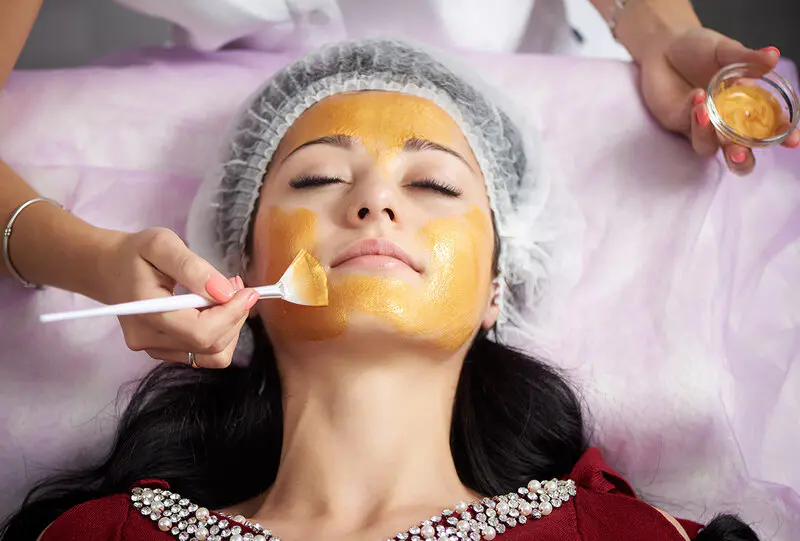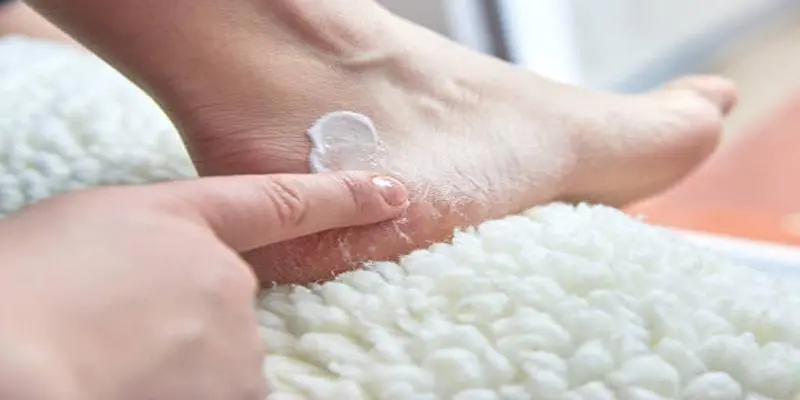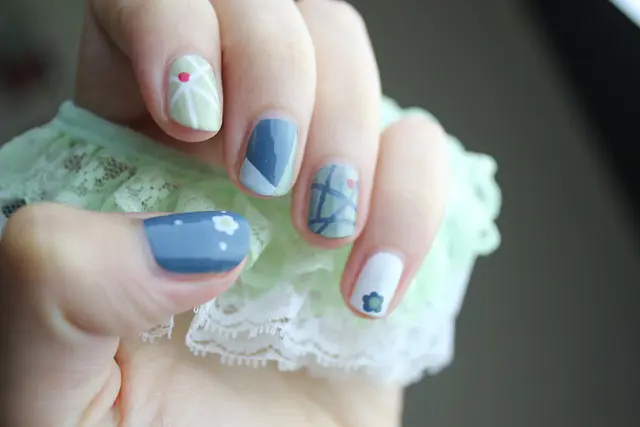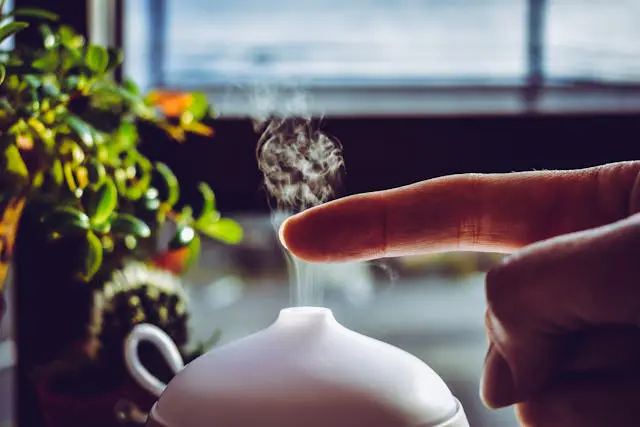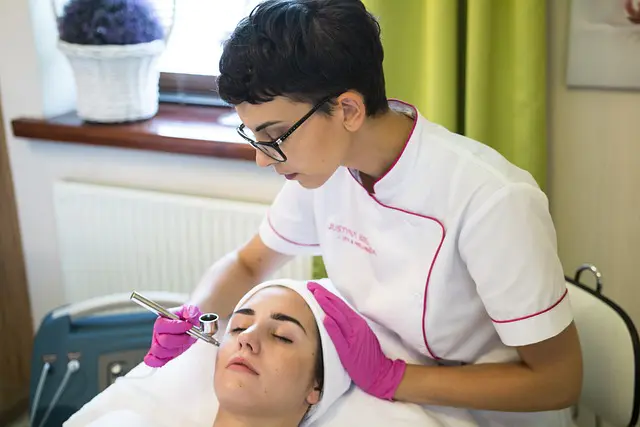The intricate relationship between mental and physical health is increasingly recognized, yet the connection between emotional well-being and skin health is often underestimated. As a beauty aficionado with a deep interest in skincare, I've come to understand that our skin is more than just a protective layer—it serves as a mirror to our emotional state, stress levels, and overall mental health. This article delves into the compelling link between skincare and emotional health, and how acknowledging this bond can lead to more radiant and healthier skin.
The Skin-Brain Axis: Emotional and Stress Impacts on Skin Health
The skin and brain share a profound connection, originating from identical embryonic origins. This link, often referred to as the "skin-brain axis," implies that psychological stress and emotions can have a direct impact on skin health. Here's how:
- Stress and Breakouts: Stress can stimulate the production of cortisol, increasing sebum levels and leading to blocked pores and acne breakouts. This is commonly observed during periods of intense stress such as exams or demanding work projects.
- Anxiety and Skin Irritation: Anxiety can weaken the skin's protective barrier, making it more prone to irritation and redness. It can also worsen conditions like eczema and rosacea, causing discomfort and increased self-consciousness.
- Depression and Neglect of Skincare: Depression can result in the neglect of self-care, including skincare routines. Combined with poor sleep and nutrition, this can lead to a lackluster complexion. Depression can also slow the skin's healing processes, hindering recovery from damage.
- Emotional Trauma and Skin Disorders: Research suggests that emotional trauma, such as grief or abuse, can provoke or exacerbate chronic skin conditions like psoriasis and vitiligo. The mind-body connection is so potent that addressing emotional distress is often crucial in managing these conditions.
Recognizing the skin-brain axis is crucial for breaking the cycle of stress and poor skin health. By managing stress and prioritizing mental health, we lay the groundwork for healthier skin.
Mindful Skincare: Transforming Your Routine into a Self-Care Ritual
Skincare is not just about achieving perfect skin—it can also be a self-care ritual that bolsters your mental health. Here's how to turn your skincare routine into a mindful and therapeutic experience:
- Take a Moment to Breathe: Instead of rushing through, pause to take a deep breath before beginning. Focus on the texture of the products, the scent of your cleanser, or the warmth of your hands as you apply your moisturizer. This mindfulness can help alleviate stress and ground you in the present moment.
- Integrate Aromatherapy: Essential oils such as lavender, chamomile, and rose have calming properties. Incorporating these into your skincare routine or using a facial mist can create a soothing, spa-like atmosphere that calms both skin and mind.
- Cultivate Gratitude: As you apply products, take a moment to appreciate your skin for its functions—protection, temperature regulation, and sensation. Cultivating gratitude can shift your perspective from criticism to acceptance.
- Create a Routine: Make your skincare a daily ritual that signifies the start or end of your day. Light a candle, play soft music, or use a gua sha tool for facial massage. These small, intentional acts can make your routine feel special and nourishing.
The Importance of Professional Help: When to Seek Therapy for Skin Issues
While a mindful skincare routine can benefit mental health, there are times when professional assistance is necessary. If chronic skin conditions are impacting your self-esteem or mental health, seeking support is essential. Here's how therapy can help:
- Cognitive Behavioral Therapy (CBT): CBT assists in identifying and altering negative thought patterns. For those with conditions like acne or psoriasis, CBT can reduce feelings of shame and enhance self-esteem.
- Mindfulness-Based Stress Reduction (MBSR): MBSR combines meditation and yoga to manage stress and anxiety. It can be particularly beneficial for those with stress-induced skin conditions.

